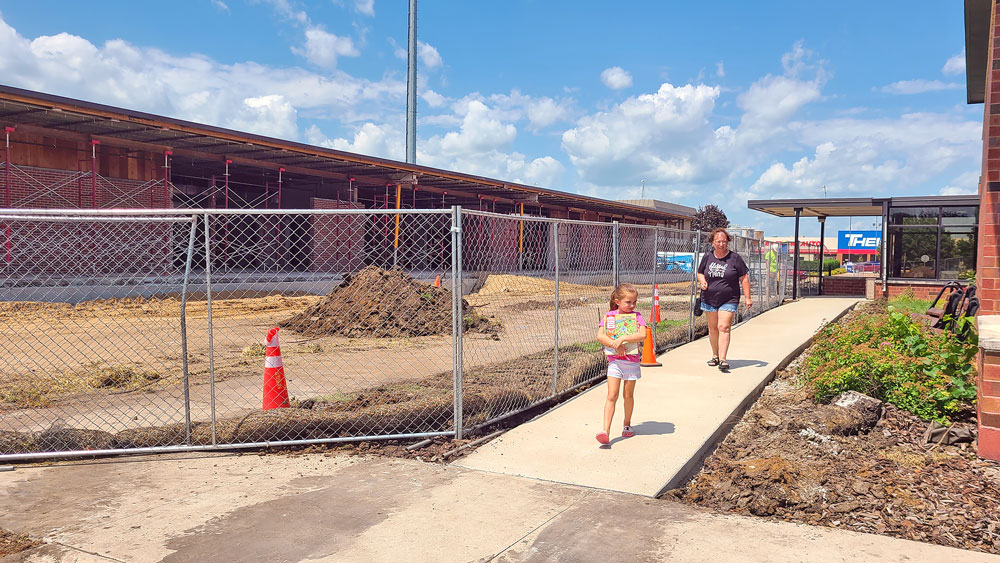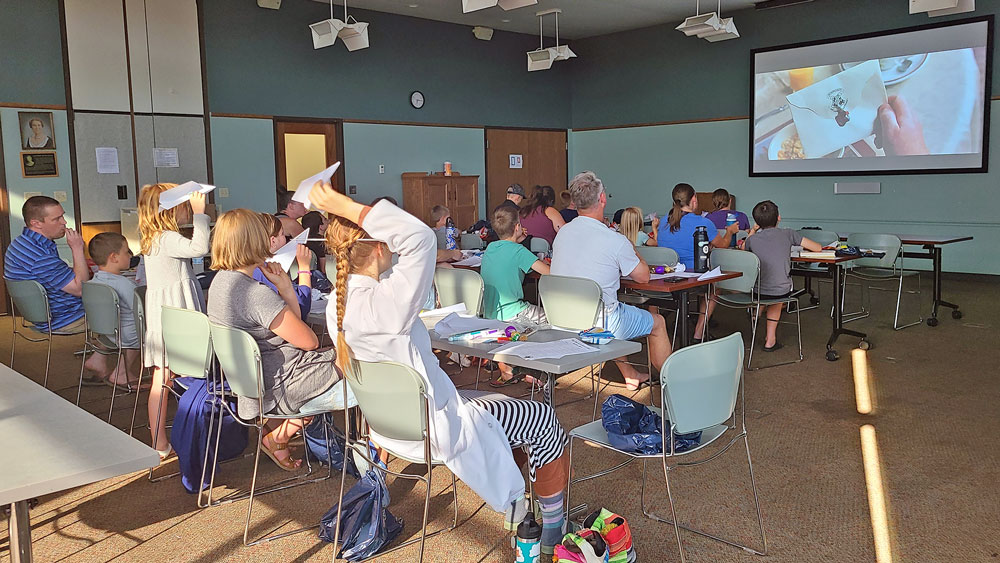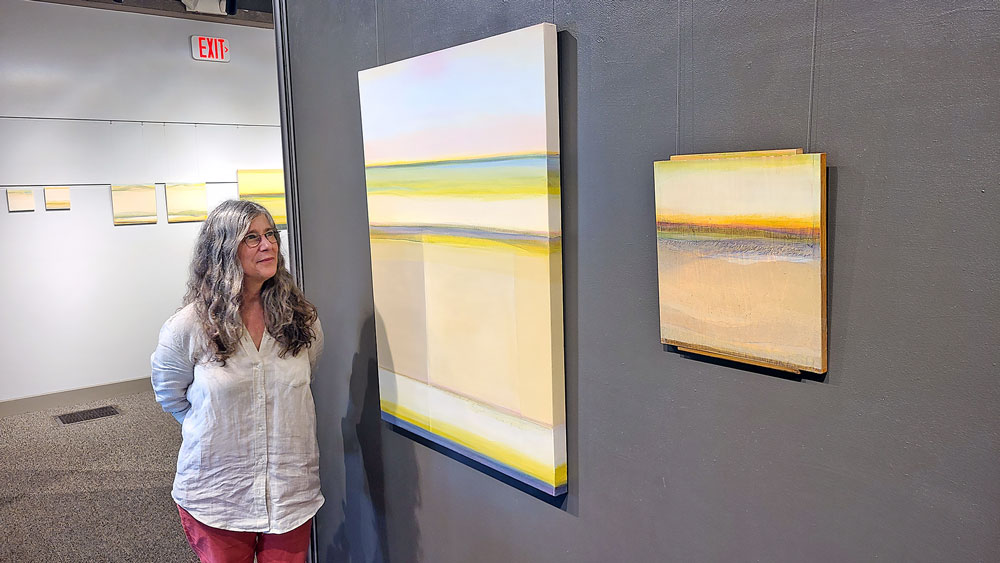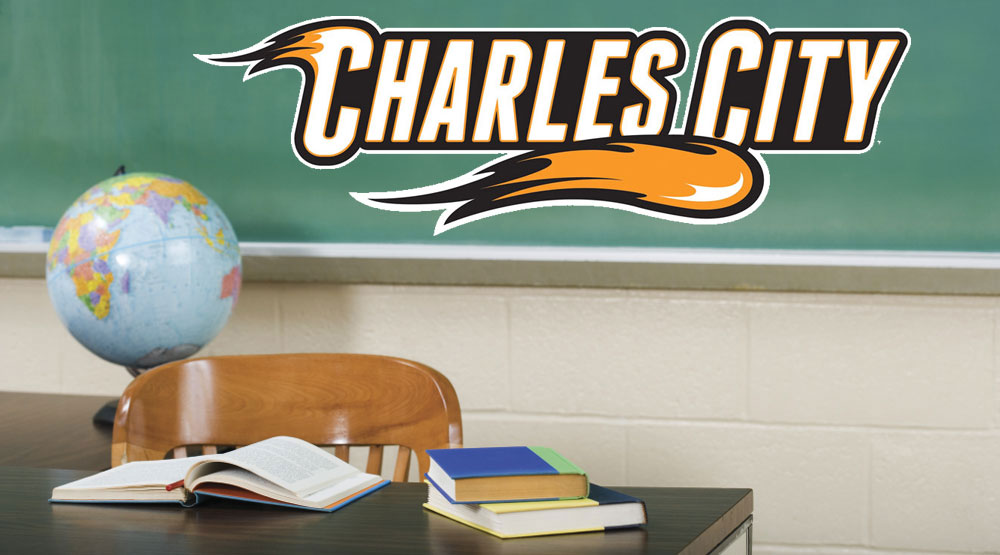Sales tax on recreation expands for 2023
By Travis Fischer, tkfischer@charlescitypress.com
Certain commercial recreational activities are now subject to state sales tax following a rule change from the Iowa Department of Revenue that took effect this week.
As a result, yoga classes, pilates, cycling, martial arts, and other fitness memberships are now subject to sales tax along with private club sports, youth sports programs, art lessons, musical instruction, and cooking classes.
Locally, affected businesses have worked to notify their customers about the change and adjust their billing accordingly.
Marlowe Jung, owner of Snap Fitness, said she sent out letters to her members informing them of the upcoming change and worked with her accountant to prepare for the new rule. Snap Fitness went into the New Year ready to go and is encouraging people to come in for their eight-week challenge to kick off 2023.
“Anything we can do to encourage healthy habits,” said Jung.
Previously, the state drew a distinction between different types of recreation and whether they were subject to sales tax, with commercial recreation potentially being exempt based on its type, the amount of training an instructor receives, and how it is billed, among other factors. This has led to ongoing confusion among businesses about which activities are and aren’t taxable.
Last year, the Department of Revenue changed its statutory language to define “recreation” and remove the consideration of instruction from its administrative rule.
“’Recreation’ means activities pursued for pleasure. Recreation includes all activities that promote physical fitness, including but not limited to sports, games, exercise classes, martial arts classes, and swim classes. Recreation includes instructional classes pursued for pleasure unrelated to fitness or athletics, including but not limited to pottery classes, cooking classes, and music lessons. Recreation also includes activities without any instructional element, such as hunting or fishing ranges or camps. Elements that do not determine whether or not an activity is recreation include whether an instructor leads an activity or class, the level of training or ability the instructor has, and the location of the activity,” the new definition says.
Classes and lessons offered as part of primary, secondary, or post-secondary education remain exempt, including elementary art classes, high school sports, and culinary programs.
The new rule was filed on Oct. 5, 2022, and went into effect on Jan. 4.









Social Share